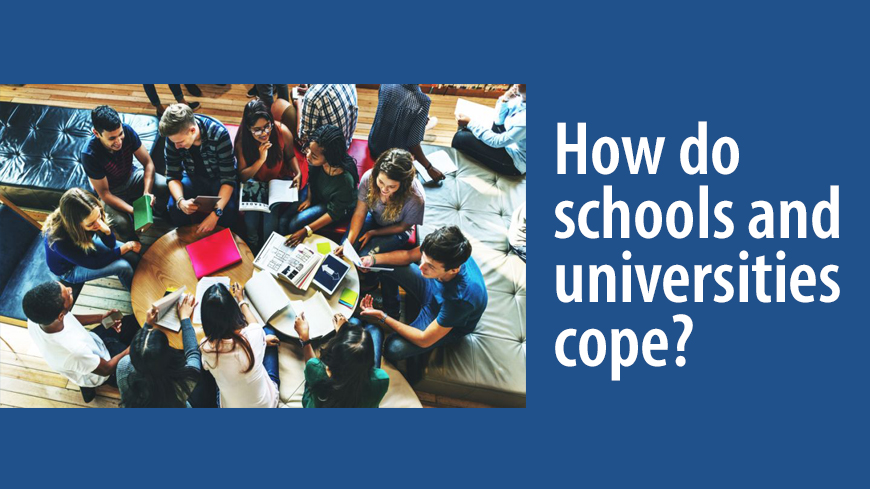Interview with Svein Stølen, Rector of the University of Oslo

Svein Stølen is professor of chemistry and currently rector of the University of Oslo. He is board member of Oslo University Hospital, The Guild of European Research Intensive Universities and has been central in the creation of the Circle U alliance. Stølen is chairman of the board of Oslo Science City - the first innovation district of Norway.
Do you think that there will be changes in your university once this crisis is over? If yes, could you highlight the most important, in your opinion?
We have been fighting for the digitalisation of the University for several years. After this crisis it`s much easier, of course, because we have the platforms, we have the technologies and things have moved very fast. This is important because Norway is a country on the outskirts of Europe. It`s a long country, it`s a relief not to have to travel across the country all the time. This is good for our private life, but it is also good for the environment and climate. So I believe that there are some obvious winning points that will be important for the University. Still, I would like to stress that meetings between students, and between students and staff are essential for universities. For that reason, digitalisation is not an aim in itself, it is about using technology more to enhance what we already do.
Looking beyond your own institution, how do you think higher education will be affected more broadly by the COVID-19 crisis and how will it adapt to the post-pandemic world?
We are sharing our experience with all the Norwegian universities, with European universities through our European university initiative, Circle U, through the Guild of Research Intensive Universities, as well as with African Universities.
I believe this sharing of experience has been important. We need to focus on sharing in the future, because there is a digital divide in Europe, East, North, West, South, within countries, within the cities and across the whole globe. We need to reduce this digital divide and this might be one of the core areas of European external cooperation in the future.
How could the Council of Europe help respond to this crisis?
I believe that cultivating the role of knowledge in society, cultivating the role of University in society is important in the post COVID-19 context. We need to intensify the work in this field. The University has a huge value for society. I also believe that the pressure on academic freedom, on the freedom of speech, on the institutional autonomy will continue. Still, even in this situation we have repeatedly seen the value of academic freedom and autonomous institutions. And I would really urge the Council of Europe to continue its very strong efforts to work for independent institutions and academic freedom.



